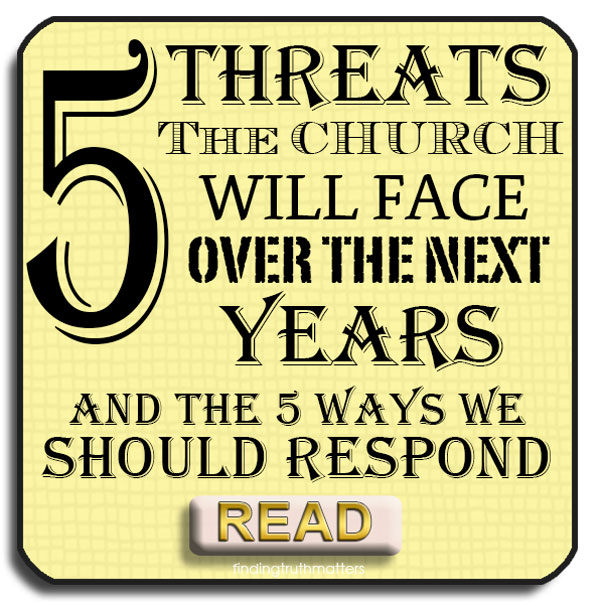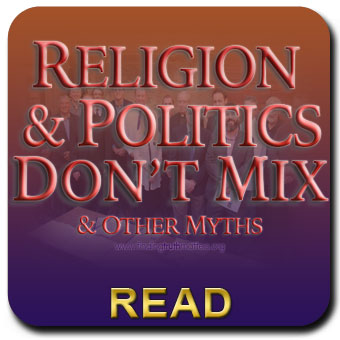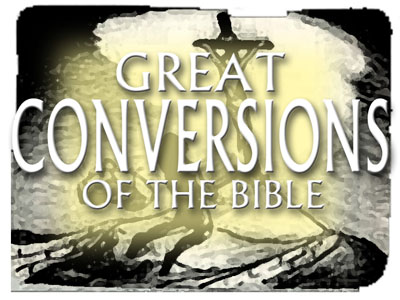
by Dr. Andrew Corbett | Aug 5, 2019 | Culture
In some respects, the Church has always been under threat as it has faced attacks from three perpetual sources – the world, the flesh, and the devil – or, to put it another way, from: external forces, internal forces, and spiritual forces.
For we do not wrestle against flesh and blood, but against the rulers, against the authorities, against the cosmic powers over this present darkness, against the spiritual forces of evil in the heavenly places.
-Ephesians 6:12
From the outset of the Church’s inception, it has been under threat. Initially, the Church was threaten by the Jewish Sanhedrin. They viewed Christianity as a sect of Judaism and strictly forbad the Jewish apostles of the Christ from preaching the Christian message.

by Dr. Andrew Corbett | Oct 24, 2018 | Culture
When the Apostle Paul arrived in Macedonia in the mid 50s AD, the seeds of the Gospel were sown in Europe. Little could he have imagined that within a few centuries the leader of the very Empire which would do its utmost to destroy the Church would profess Christ as his Lord. But neither could he have foreseen how distorted his gospel, and those who claim to represent it, would become – or could he?

by Dr. Andrew Corbett | Feb 17, 2018 | Culture
It’s rare that a Publisher commences book with a disclaimer by virtually saying we are publishing this even though we don’t agree with it. This type of disclaimer is especially rare for a publisher such as Tyndale. After reading this book I understood why Tyndale were so apprehensive in publishing it. While this was puzzling, what I found most puzzling was that George Barna put his name to it! One can only wonder at the damage this book has done to his reputation.
A “Pagan” is someone who is either ignorant or has wilfully rejected the truth and as a result is an idolater (worships idols). This is the word that the authors have chosen to use to describe modern Christianity. It is, as they admit, an outrageous claim.

by Dr. Andrew Corbett | Feb 16, 2018 | Culture
This is an introduction to the theology that leads to political engagement by Christians. It explores the notion of the separation of Church and State, how this has been misapplied and re-thought of by significant Christian leaders in the 18th, 20th, and 21st centuries. I conclude with a personal experience of what I consider positive political engagement looks like.
They say art is the thermometer of culture. In this sense, politics might be seen as the barometer of culture. And we might add that Christians should be the thermostat of culture (not the thermometer of culture). By this we mean that art in its various forms – literature, music, visual art, movies, poetry, photography, and fashion, reflect what culture finds acceptable, disturbing, desirable, praiseworthy, and even beautiful. And politics is the popular affirmation (the essence of democracy) of a set of legislative policy agendas that give direction to a culture.

by Dr. Andrew Corbett | Feb 12, 2018 | Culture
What is the popular perception of what Christians believe? If we are to believe what the popular media reports, Christians are known far better for what they are against than what they actually believe. Therefore, it’s not surprising that most people think that Christians are essentially homophobic, misogynists, who seek to control people through the medieval superstitious beliefs. This new uninformed perception of Christianity is perpetuated by politicians who, while claiming to be Christians, actually espouse views and values antithetical to Christianity. This was seen dramatically in both the US Presidential elections of 2008/12 and the Australian Federal election of 2013. In both campaigns major candidates claimed to be adherents of Christianity yet they ridiculed the Bible and asserted that it endorsed their particular views on issues such as marriage and sexuality, and what constituted ‘Christian’ social justice. Most recently in Australia, the Opposition Leader, Mr Bill Shorten, speaking at the Australian Christian Lobby National Conference, claimed to be a Christian yet asserted positions foreign to classic Christianity. So just what do Christians really believe?

by Dr. Andrew Corbett | Nov 7, 2017 | Culture
In 2006 a Australian Federal Parliamentarian declared he and his Party should be regarded as truly representing the Christian vote of Australians. He then went on to more or less state that his understanding of Christianity was not the same as that of Evangelicals- who regard conversion as an essential – instead, his idea of Christianity was one of improving social conditions and promoting wealth-equity throughout society. He seemed to be criticising Evangelicals for preaching a Gospel of “conversion”. He wanted to champion a Christianity after the fashion of the great Deitrich Bonhoeffer. Is conversion necessary or not to be an authentic Christian?






